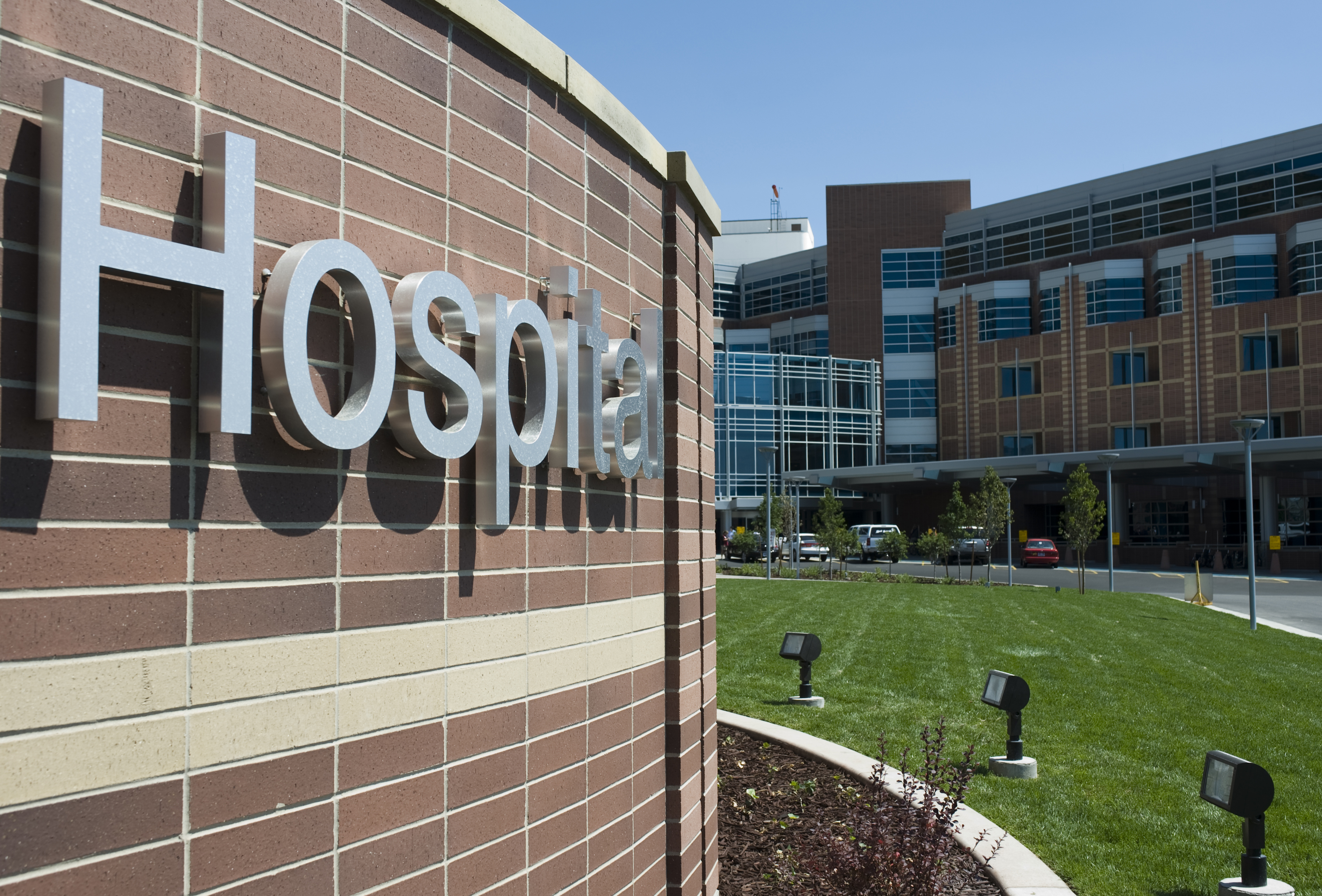

New Jersey Non-Profit Hospital Stripped of Tax Exemption Based on Ruling that Modern Non-Profit Hospitals Essentially Function as For-Profit Businesses

A recent court ruling has called into question some basic assumptions regarding the ability of not-for-profit entities to obtain certain tax exemptions. In AHS Hospital Corp. v. Town of Morristown, the Tax Court for the State of New Jersey recently ruled that Atlantic Health System Hospital Corporation, the parent company of Morristown Medical Center (collectively, “Atlantic” or the “Hospital”), was ineligible for exemption from state property tax. This ruling, if upheld, could cost the Hospital millions of dollars each year.
Challenges to non-profit hospitals’ state tax exemptions are not entirely new and appear to be increasingly attractive options for cash-strapped municipalities seeking additional revenue. In fact, the case against Atlantic arose from Morristown, New Jersey’s desire to ensure that the Hospital paid its “fair share” of taxes. Prior challenges to non-profit hospitals’ tax exemptions turned on the extent and nature of the hospitals’ provision of community benefits and care. This more traditional approach contrasts starkly with that of the Tax Court, which did not address the Hospital’s community benefits. Instead, the court focused on the Hospital’s corporate structure and the use made of the Hospital premises by the Hospital and third parties, including physicians.
The Tax Court’s decision rested on a finding that “the Hospital operated and used its property for a profit-making purpose.” Interpreting New Jersey precedent, the court ruled that a hospital is not entitled to a property tax exemption for the portion of its property that is used for, or on which takes place, for-profit activity. According to the Tax Court, if non- and for-profit activities are conducted in the same physical location (i.e., the same surgical suites are used for both for-profit and non-profit activity) then the entire exemption is disallowed. The Tax Court specifically ruled that the Hospital’s provision of charity care or hospital services on the property was irrelevant to its analysis, given the presence of for-profit activity.
The Tax Court performed a searching analysis of the Hospital’s operations and identified multiple for-profit activities conducted on its premises. Importantly, the for-profit activities identified by the Tax Court are not unique to Atlantic; rather, they are key components of most modern hospitals and hospital systems:
- Physicians employed by the Hospital who receive incentive compensation in the form of revenue sharing above a specified threshold, because under these agreements “the profit [i]s split between the hospital and the employed physicians, indicating that the operation was conducted for a profit-making purpose.”
- Physicians employed by for-profit physician practices treating patients at the Hospital, thereby earning profits from their activities on the Hospital’s premises.
- The Hospital’s ownership of and affiliation with for-profit entities, such as physician practices, a management corporation, and a self-insurance trust fund that insured the Hospital’s for- and non-profit entities.
- The Hospital’s agreement with a company to provide “food and nutrition services, catering, environmental services, laundry and linen distribution, patient transportation, and plant operations maintenance,” which provided that the Hospital and the company would share the upside when operations were kept below budget and share responsibility for cost-overruns. Because “both parties contemplated the generation of additional revenue in the form of reduced expenses” and the agreement was “typical of commercial activity or business venture,” the Tax Court ruled that the agreement was for-profit.
Based on its belief that these and other activities were conducted for profit, the Tax Court ruled that the areas where the above activities occurred are subject to taxation – which essentially represented the entire Hospital. The Tax Court found that only the visitor parking garage, which operates at a loss, auditorium, and fitness center were not used for for-profit activity.
The Tax Court recognized that the Hospital’s problematic activities were not uncommon, stating that “[i]f it is true that all non-profit hospitals operate like the Hospital in this case . . . then for purposes of the property tax exemption, modern non-profit hospitals are essentially legal fictions.”
The Tax Court’s highly technical decision was confined to the Hospital’s eligibility for property tax exemption and did not address the Hospital’s status under state or federal law as a non-profit entity. Indeed, the test for federal tax exemption is different, turning on whether the Hospital is “organized and operated exclusively” for the purpose of providing charitable hospital services and benefits the community at large. 26 U.S.C. § 501(c)(3). Given the federal exemption’s focus on community benefit, the Tax Court's decision does not directly implicate the Hospital’s status as exempt from federal income taxes. However, the Tax Court’s determination that the Hospital’s operations “conferred upon for-profit entities . . . a substantial benefit” could be construed as a suggestion that the types of arrangements identified by the Tax Court could violate the Internal Revenue Code’s requirement that federally-exempt entities not be operated for the benefit of private interests.
It remains an open question whether the Tax Court’s decision will be sustained if challenged on appeal. It also remains an open question whether other courts will follow its reasoning, based on a stated skepticism regarding common attributes of modern hospitals. What is certain, however, is that this issue remains one to watch, because it implicates widespread business models for hospitals and potentially significant local tax liabilities.
Should you have any questions about this matter, or about related issues, please contact Carolyn H. Kendall at (215) 587-1470 or ckendall@postschell.com.
Disclaimer: This E-Flash does not offer specific legal advice, nor does it create an attorney-client relationship. You should not reach any legal conclusions based on the information contained in this E-Flash without first seeking the advice of counsel.
Disclaimer: This post does not offer specific legal advice, nor does it create an attorney-client relationship. You should not reach any legal conclusions based on the information contained in this post without first seeking the advice of counsel.

